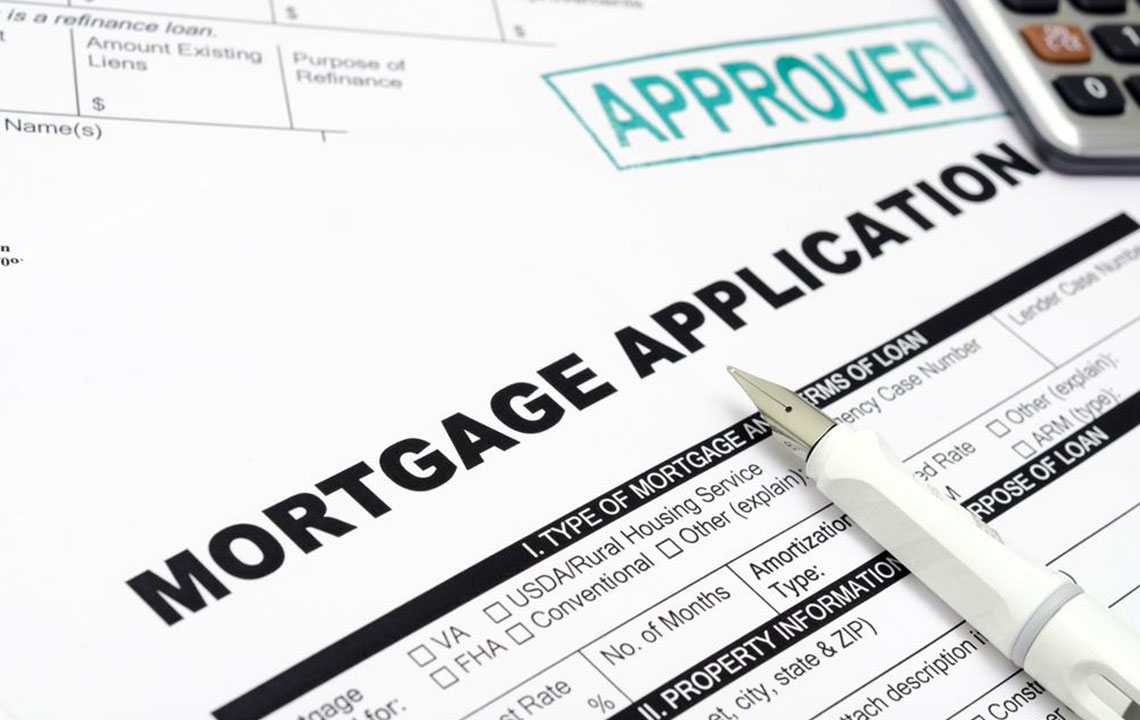Comprehensive Guide to Mortgage Lending: Everything You Need to Know
This comprehensive guide explores the basics of mortgage lending, including how mortgages work, the importance of property taxes and insurance, and tips for securing pre-approval. Learn how to navigate the mortgage process, understand various loan options, and plan your budget effectively to become a confident and informed homebuyer. Whether you're a first-time buyer or refinancing, this article provides valuable insights to help you make smart financial decisions in your journey to homeownership.

Understanding the Fundamentals of Mortgage Lending
Obtaining a mortgage is a significant step for many individuals and families looking to own their dream homes. A mortgage is fundamentally a loan secured against a property, typically used to finance the purchase of a home or real estate investment. This financial product involves borrowing a substantial sum from a lender, with the property itself serving as collateral. If the borrower fails to fulfill repayment obligations, the lender has the legal right to seize and sell the property to recover their funds. This security interest provides lenders with peace of mind and often results in more favorable loan conditions for borrowers.
Mortgage loans are usually structured with a combination of principal and interest, with borrowers making regular monthly payments over an extended period, sometimes spanning 15, 20, or even 30 years. The principal refers to the original loan amount borrowed, while interest is the cost of borrowing that amount. With each payment, a portion is allocated toward reducing the outstanding principal, gradually increasing the borrower’s ownership stake in the property. Meanwhile, the interest component covers the lender’s cost of providing the loan, as well as their profit margin.
Beyond the principal and interest, mortgage payments often include additional costs such as property taxes and homeowners’ insurance. These are typically bundled into the monthly payment through escrow accounts to streamline the process for homeowners and ensure timely payments. Property taxes are assessed annually based on the property's value and can vary significantly depending on local taxing authorities and jurisdiction. These taxes are essential for funding local services like schools, road maintenance, and public safety. Because these taxes are reassessed each year, they can affect future mortgage payments if the assessed value of your property changes.
Homeowners insurance is vital for protecting your property against risks such as fire, theft, vandalism, and natural disasters. Most lenders require borrowers to have adequate insurance coverage to secure the property’s value. Insurance premiums are included in the escrow payments and are paid directly by the lender to the insurance agency on behalf of the borrower. Additionally, some mortgage agreements include mortgage insurance, which is particularly relevant for borrowers who make a down payment of less than 20%. Mortgage insurance protects the lender in case of default, and in certain cases, such as with FHA loans, mortgage insurance automatically terminates once specific criteria are met—like reaching a 78% loan-to-value ratio or paying down a certain amount of the principal.
Securing pre-approval from a mortgage lender before you begin house hunting is a crucial step. Pre-approval involves an in-depth review of your financial situation, including income, credit score, debt levels, and assets. Having a pre-approved mortgage gives you a clear understanding of your borrowing capacity and strengthens your position when making an offer on a property. Mortgage options are available through various sources, including traditional banks, credit unions, non-bank lenders, and independent mortgage brokers. Each of these options has its own set of terms and conditions, so it’s advisable to compare different offers to find the most favorable rate and repayment terms.
Since mortgages are long-term financial commitments, it's essential to analyze your financial health and plan your budget carefully. Determine how much you can comfortably afford for a down payment and monthly installments to avoid overextending yourself financially. Economic factors such as interest rate fluctuations and changes in property taxes or insurance premiums can impact your ongoing mortgage payments, so maintaining a flexible budget is advisable. Additionally, understanding the various types of mortgage products—such as fixed-rate, adjustable-rate, FHA, VA, and USDA loans—can help you choose the best option suited to your needs and financial situation.
In summary, understanding the key components of mortgage lending—from the structure of payments to the importance of pre-approval—is essential for anyone considering homeownership. Being well-informed enables prospective homeowners to make confident decisions, negotiate favorable terms, and ultimately achieve their goal of owning a home with financial stability and security.





